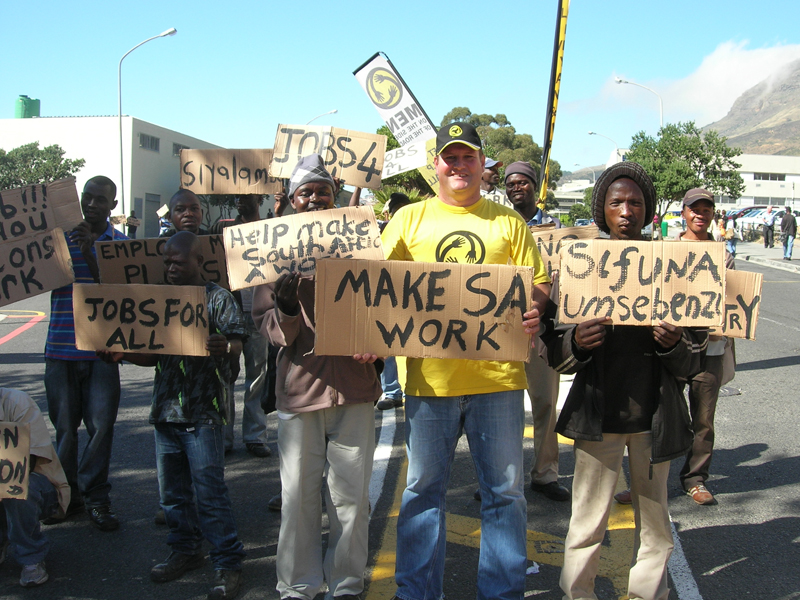A lot of unemployed youth do not do much which leads some of them to resort to bad trying to tackle the challenges they face daily. Activists must engage with communities as a priority to change conditions in every working class community. The constitution says every child has a right to a better education, it is our duty as working class activists to hold the state accountable and thereby help ensure that all access to education which is the most profitable investment in the future of the nation.
Initiating institutions such as art centres with suitable programmes to provide different art-related skills, nurture talent, the use of study groups, sports, digital skills, and others that are needed in our communities, is one way to keep youth busy and to upskill them.
Because a lot of youth overdrink, spend most of their time smoking, and use the internet incorrectly, some end up depressed or worse take their own life.
From when still very young, all the youth need and deserve is support and help with their school work, guidance, and opportunities in life. This also means someone willing to go the extra mile to better the future of the children.
On this question, Mama Tshepiso said that “There are people who are determined with the work of helping children to become better in the future, not someone who is just going to drop them on the way, but the same people do need money to support their families and themselves. The government must find ways to support people that are willing to work for free to help build the future of our children.”
We should start by going back to the schools and building databases on what the children’s interests are and how communities can contribute towards their development.
By doing this, we will begin to build a better future for working class youth.
Another way to educate one another is through study groups, a good strategy to educate the youth who cannot study beyond high school. Study groups can be potent for working class education if used effectively.
This article was submitted on 15 April 2024. You may republish this article, so long as you credit the authors and Karibu! Online (www.Karibu.org.za), and do not change the text. Please include a link back to the original article.


 Download PDF
Download PDF